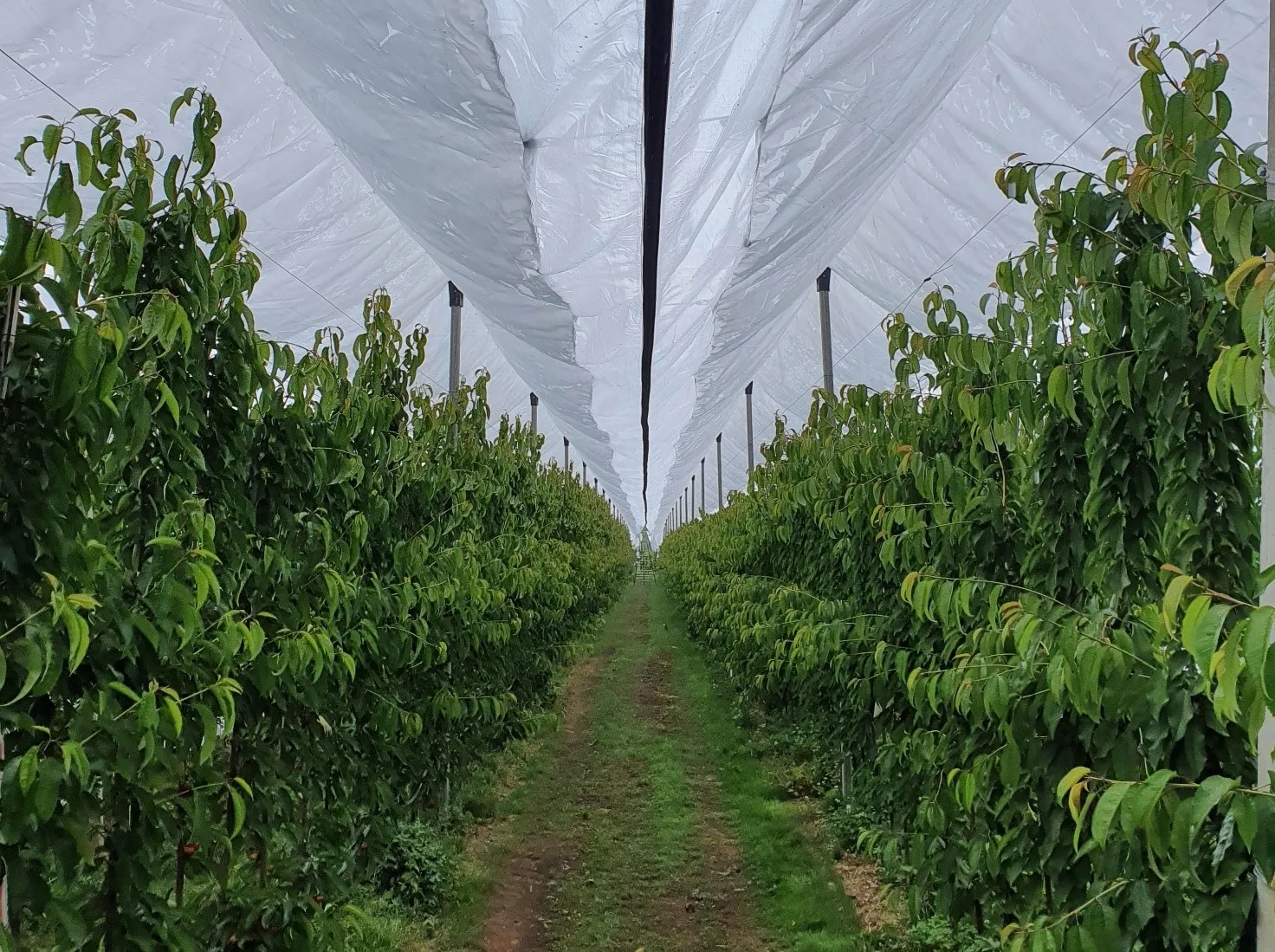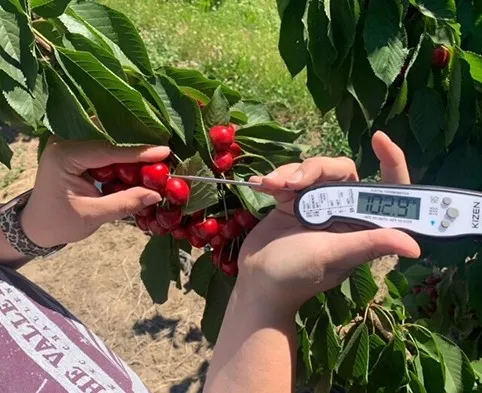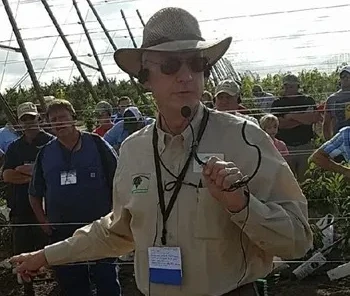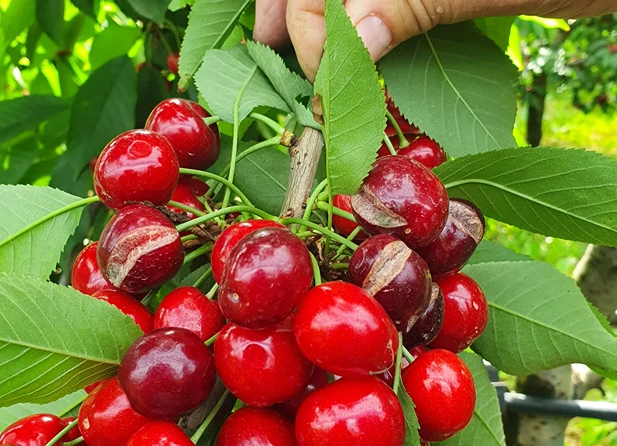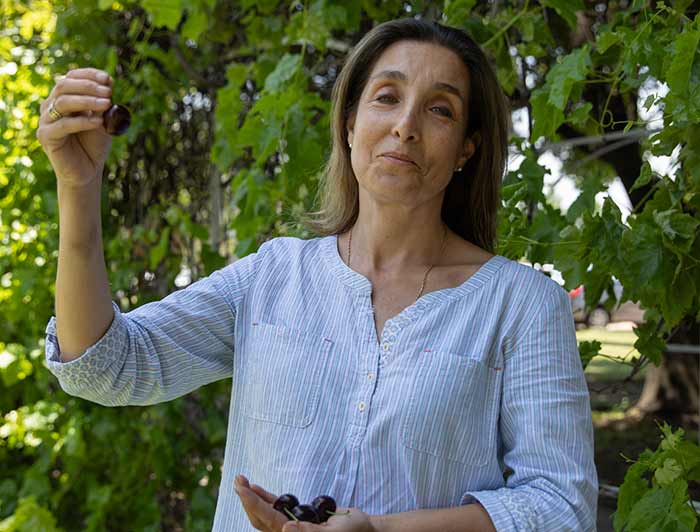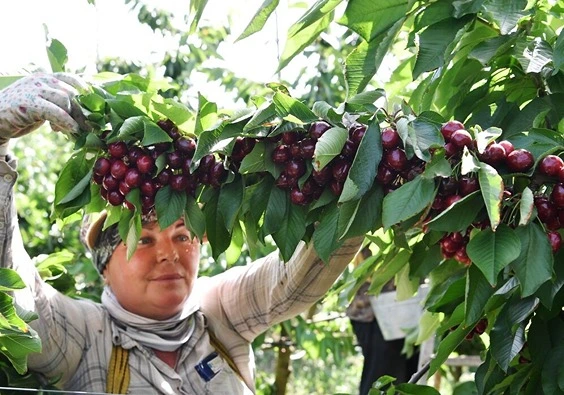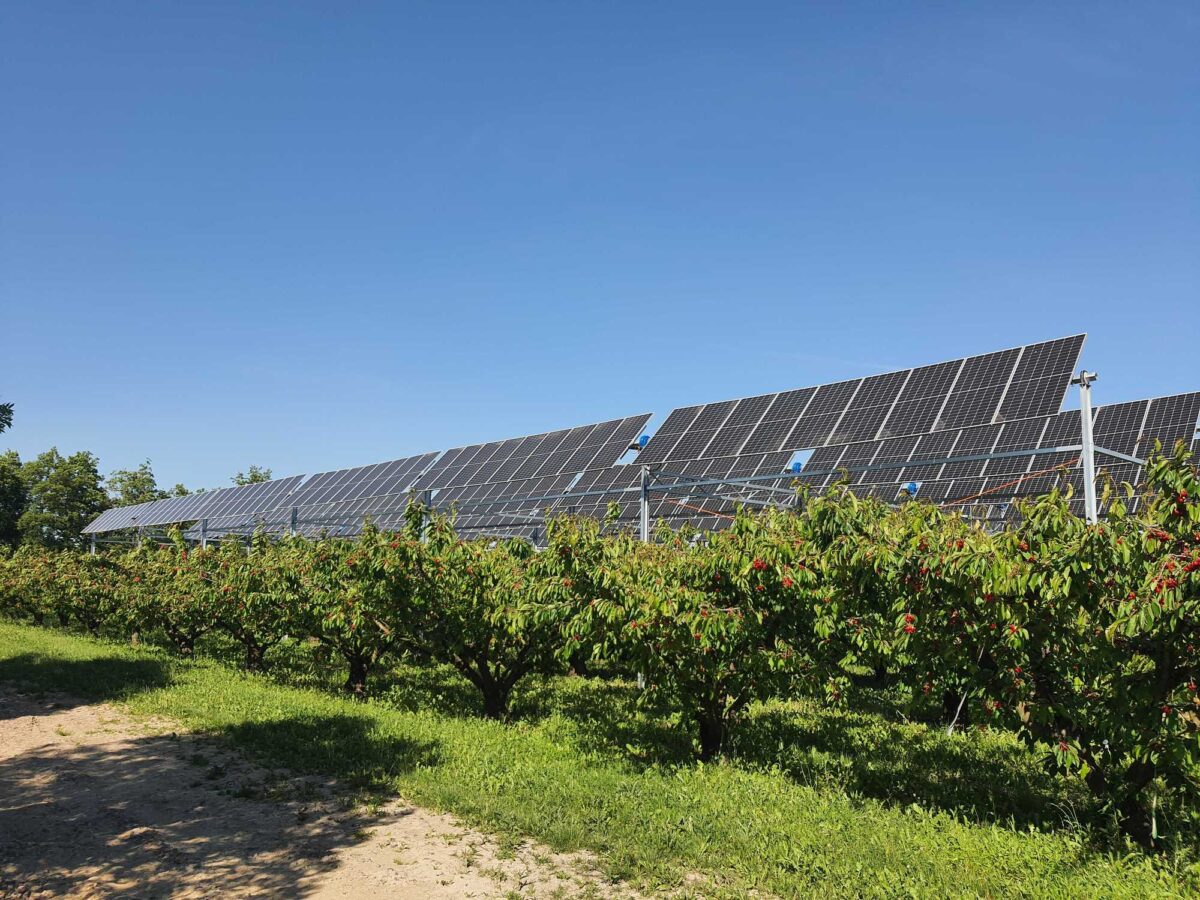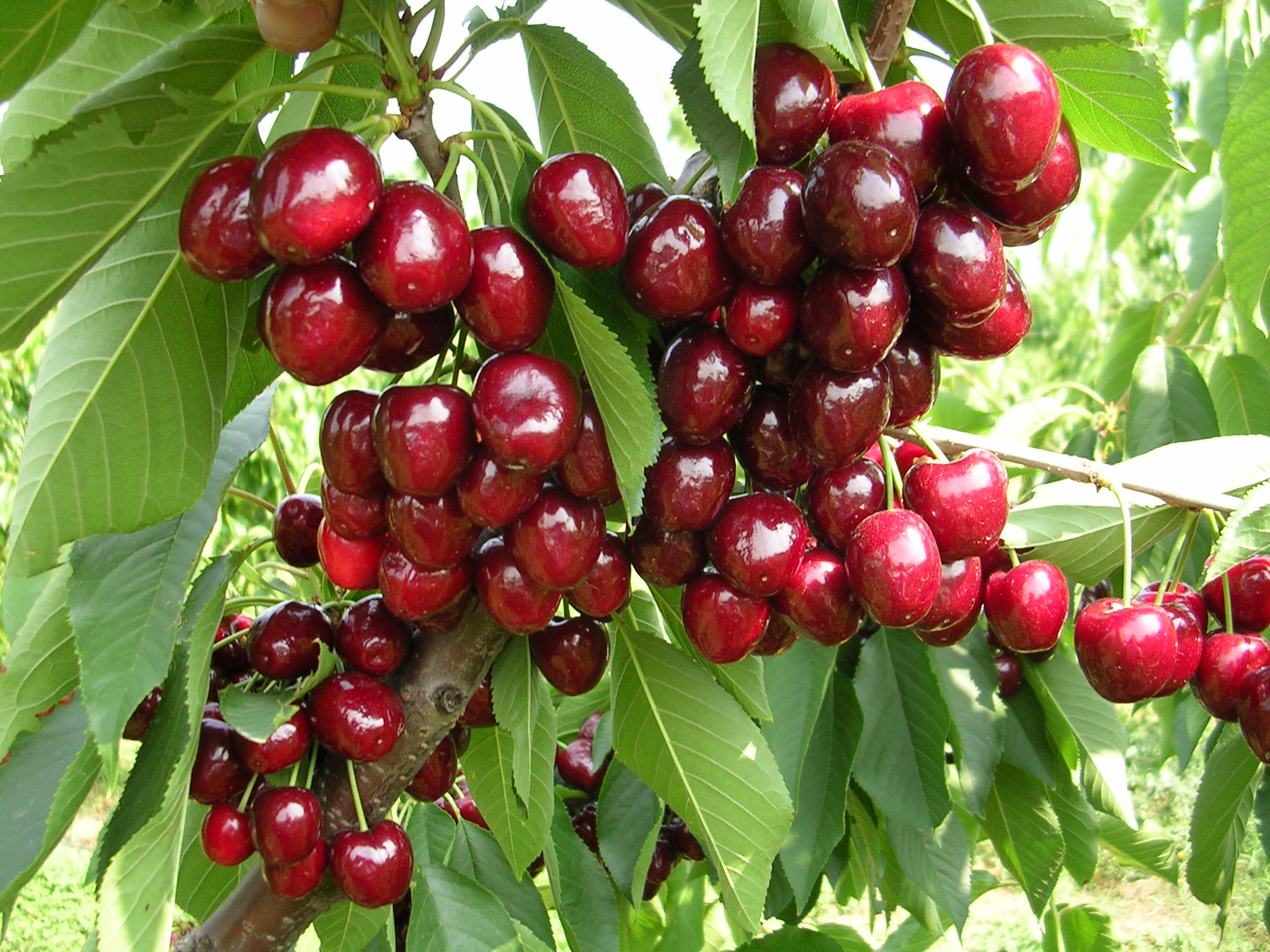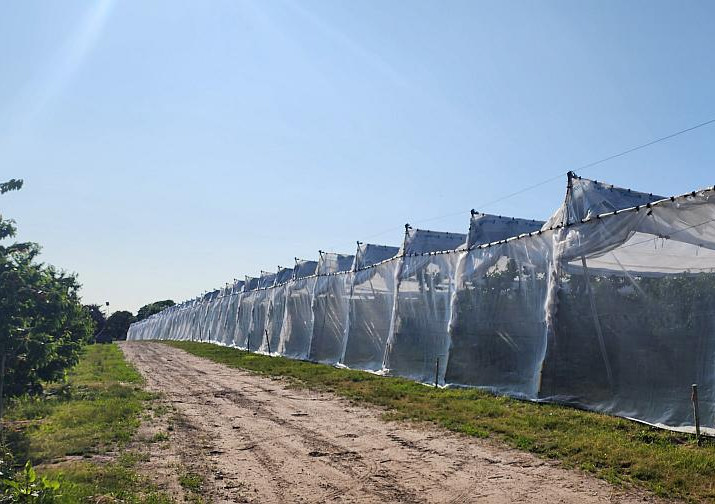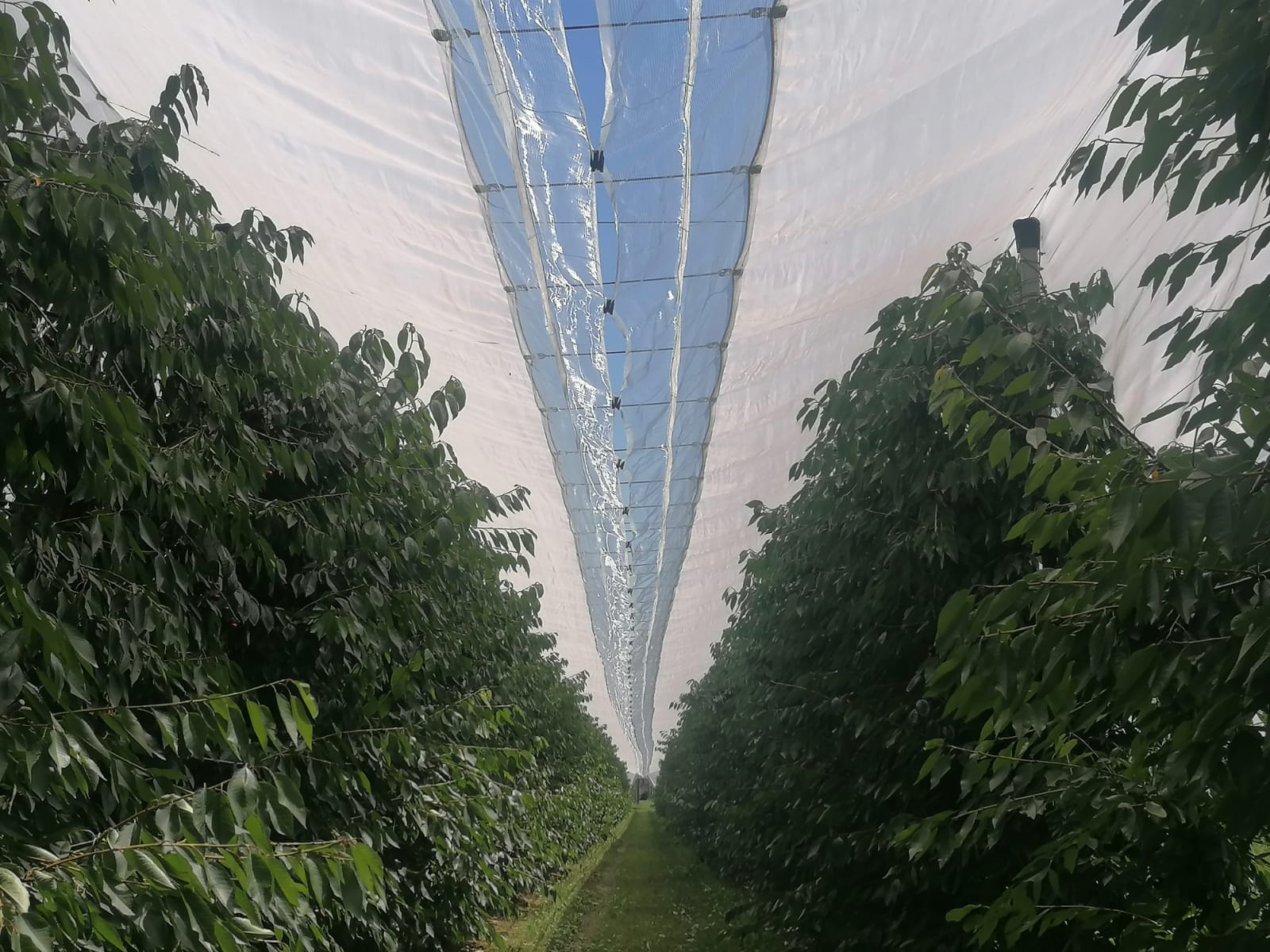Protection of plants with multifunctional covers ensures sustainable management of cherry orchards
22 Jan 2025
A four-year project has started in 2021 to investigate the most innovative physical protection methods available. The activity is carried out thanks to a partnership between Consorzio della Ciliegia IGP di Vignola, Consorzio Fitosanitario di Modena and the University of Bologna.




